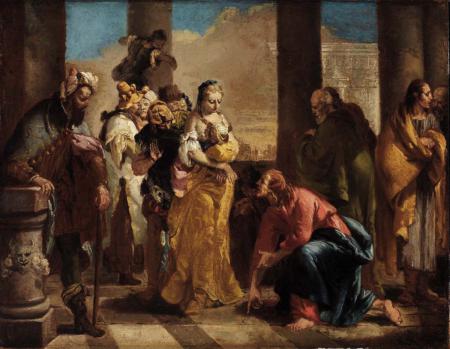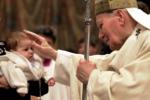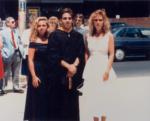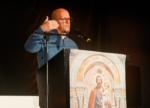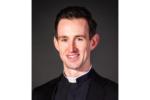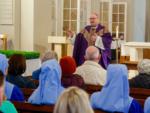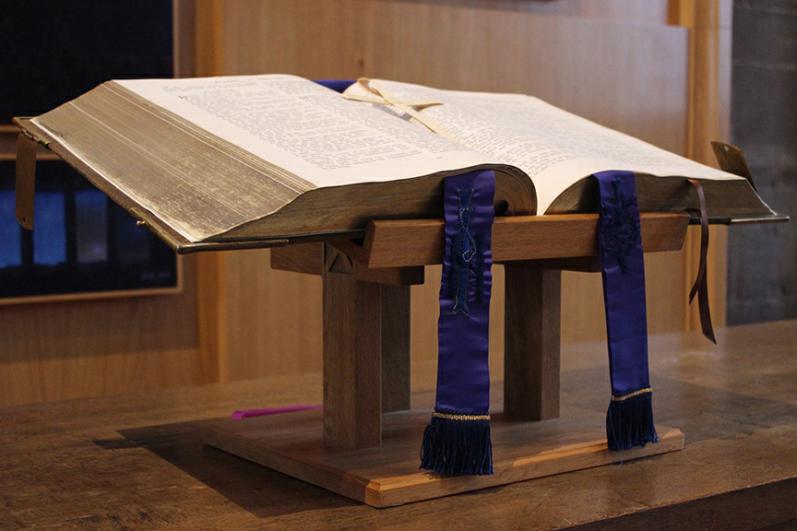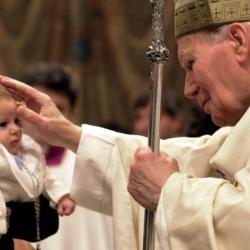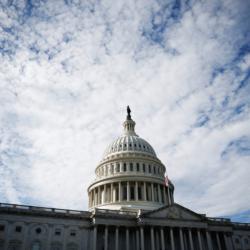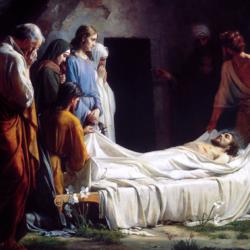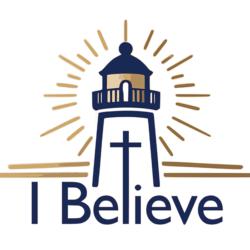Liturgy
Definitions can be long or short. We find them in dictionaries, whether in print or online. We might Google a word. Some words lend themselves to further examination. Others, well, they're just there. Think of the word "and;" not really a lot to inspire searching. It's a word (conjunction) that links other words, phrases, or sentences.
Liturgy is a word in a different category. When we start checking sources, we might get an explanation of the Greek origins of the word. We might get a "classic" dictionary definition. And you will find specialized dictionaries providing variations on the basic theme. You will also get article-length definitions and, yes, book-length ones, and all of the foregoing in varied languages.
With all that available, I am not going to try to define liturgy for you. Rather, after trying to condense all kinds of words into "my" definition, and thus ultimately failing at the task, I thought it might be good to distill some (keyword) qualities, characteristics, and terms from a whole array of sources that might help us have some basic idea of what this important term means for us.
-- Prayer
There may be as many ways of praying as there are people. There are certainly as many words used to pray. Check out the Psalms. Those Hebrew prayers tell us you can use any words you want to speak to God. In liturgy, though, it is not my prayer but our prayer. We use our words in our prayer to Our God.
-- Worship
This is a bit different from prayer. Better said, in worship, we use our prayer to come before God, admitting above all that we need him. In worship, we human beings ultimately say to God, "You are God, we are not."
-- Actions
In liturgy, there are words (some say too many!), and there are actions. To the degree that each of us is able, but together, we stand, sit, kneel, respond, listen, process, dip a finger in Holy Water, gather for an anointing of the sick, and we watch. We sing, greet one another, and offer a sign of peace.
-- Creation
Think of the sacraments and the sacramentals. How much of the stuff of God's creation and human ingenuity are involved in them?
People: infants and adults for baptism; teens, usually, for confirmation; children for first communion; the seriously ill and elderly for anointing of the sick; young couples for marriage; any of us for penance; candidates for holy orders; women and men pronouncing vows as religious; the assembly at Sunday or weekday Mass; mourners at a funeral.
Things: bread and wine, water, oil, baptismal garments, vestments, altar linens, candles and flowers (nothing artificial for God, real only); fire, incense, books, hymnals.
-- Music
The liturgy involves all of us, body and soul, all the senses, and voice both for the verbal responses and for music. Music is not an added element to liturgy; it is essential to it. Even if only a few parts are sung, (e.g., the Gospel acclamation, the psalm, the three responses in the Eucharistic Prayer -- Holy, Holy, Holy; Memorial Acclamation, Great Amen), we should sing the liturgy.
-- Public
There are all kinds of prayers (personal, silent, private, devotional) and reasons for prayers (praise, petition, thanksgiving, intercession). The liturgy is the Church's ordered, public, common prayer.
There are additional characteristics, qualities, and aspects that could go into a definition. My suspicion is that no matter how excellent a definition you or I might construct, it would still admit of improvement. I hope what is mentioned here might lead to any of our own definitions having a deeper sense of what the Church's liturgy is.
Whenever we are at a liturgical celebration -- the Mass is the most frequent liturgy that brings the Roman Catholic faithful together -- it's good to recall that it is God who calls us together for this, the perfect prayer. It is always the Lord Jesus through whom you and I are praying, and it is he who makes the praying perfect. The Holy Spirit is present to help us at prayer and also to empower us to bring the liturgy to life and action outside the walls of the church.
For further reflection, see the Wikipedia.org entry on "Liturgy," and check the "Compendium of the Catechism of the Catholic Church" on the Vatican website (Vatican.va) under the "resources" tab. It has side numbers to direct you to the more detailed "Catechism of the Catholic Church" (Nos. 1066-1112).
